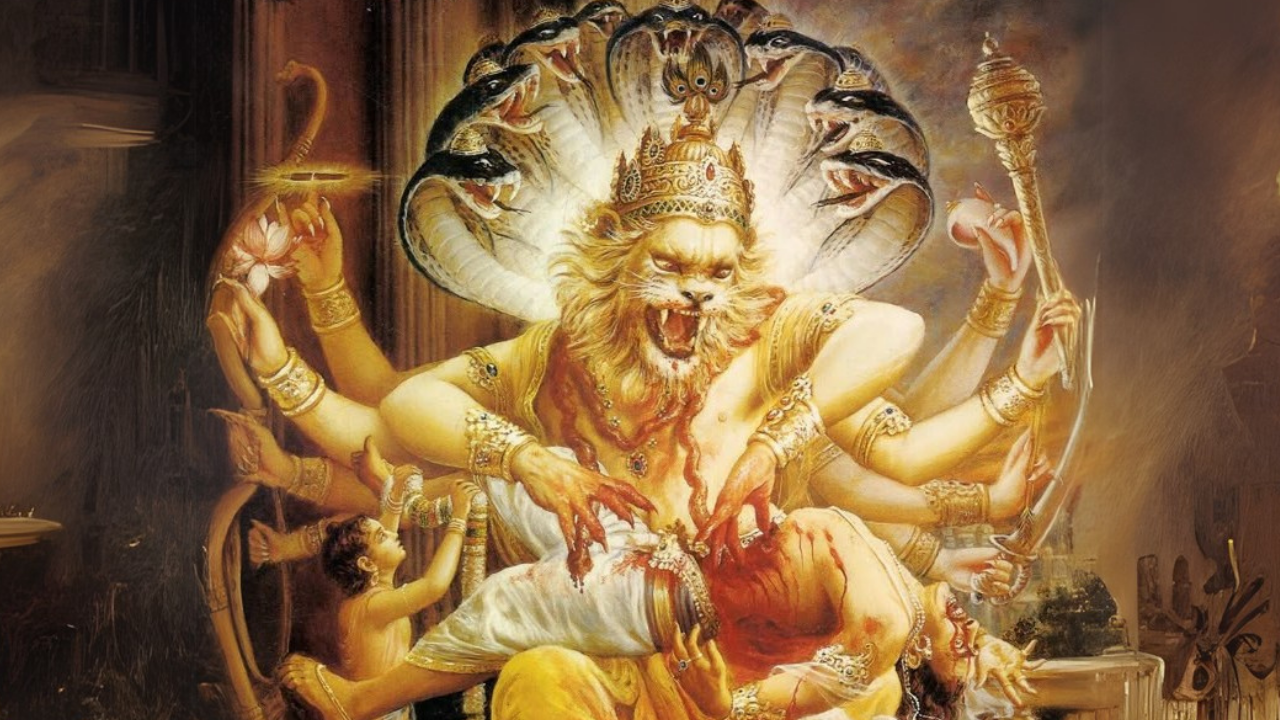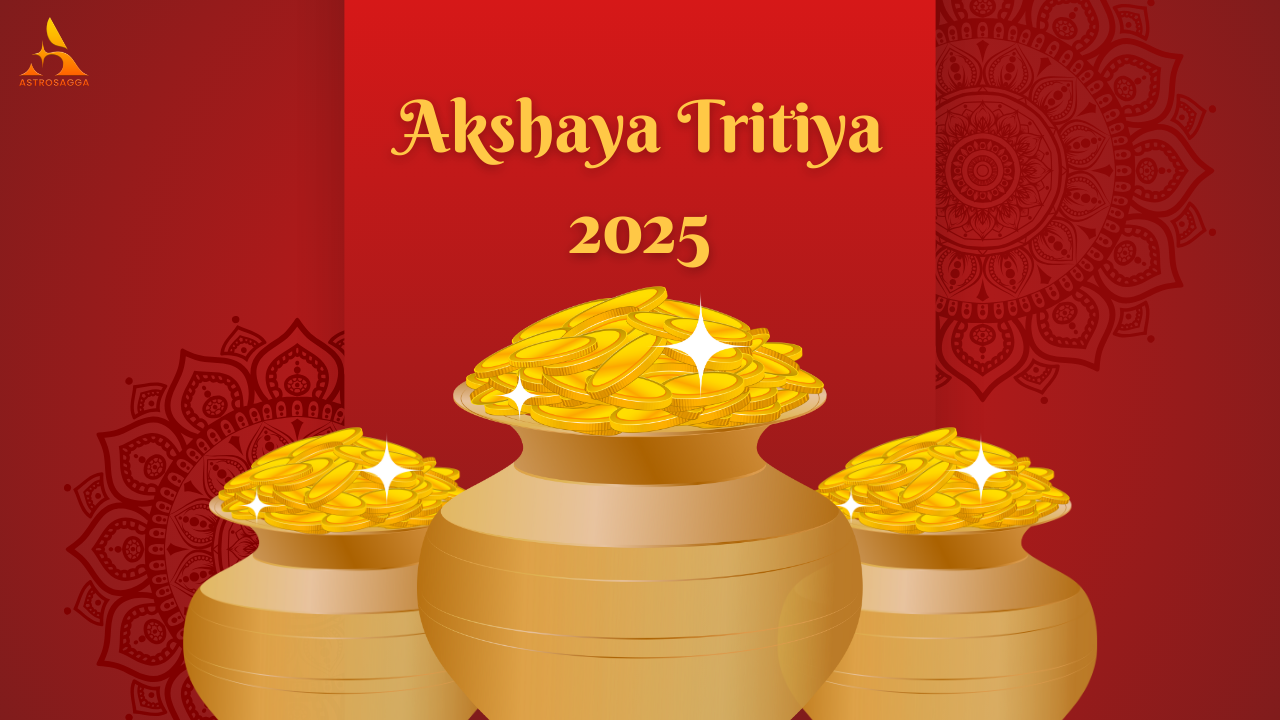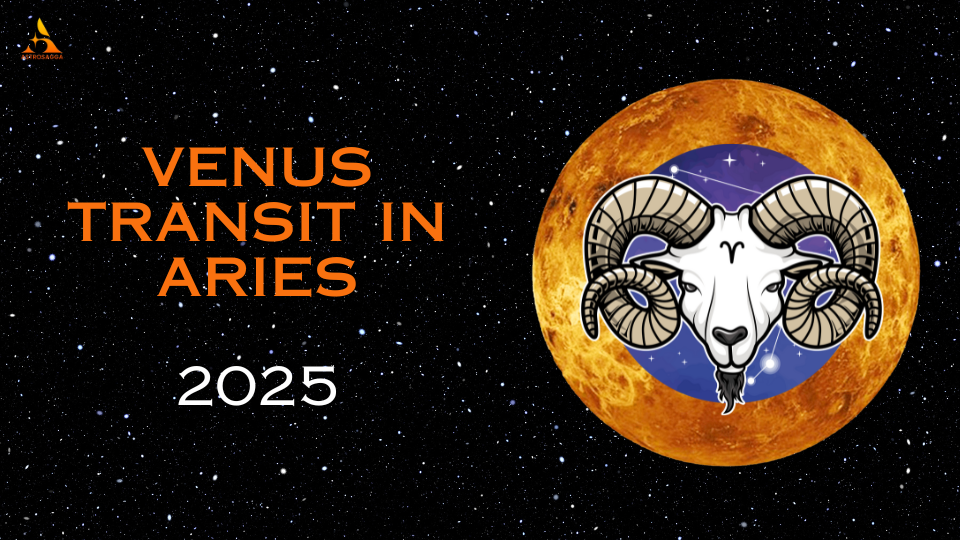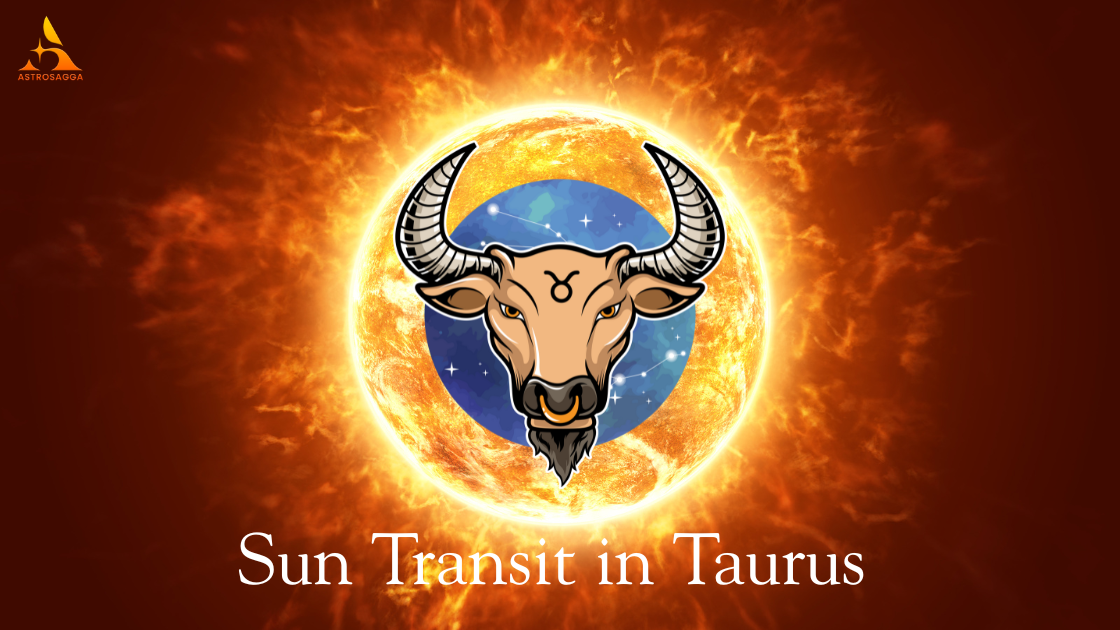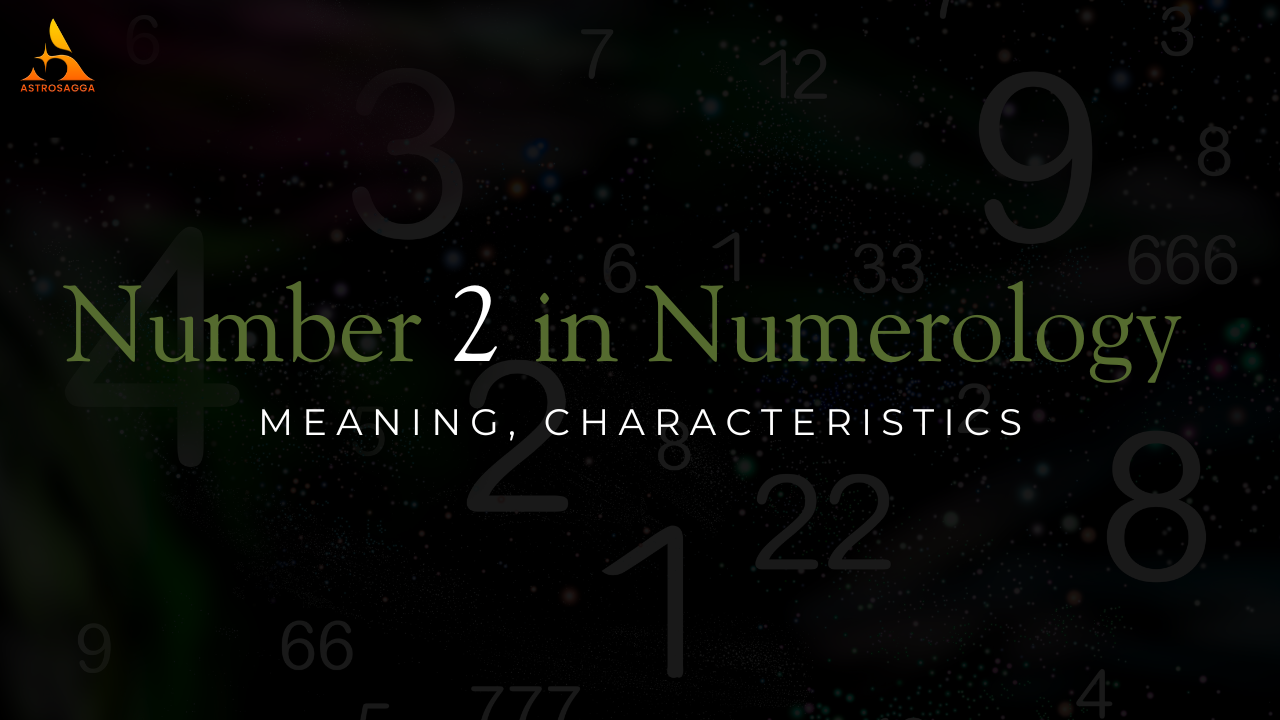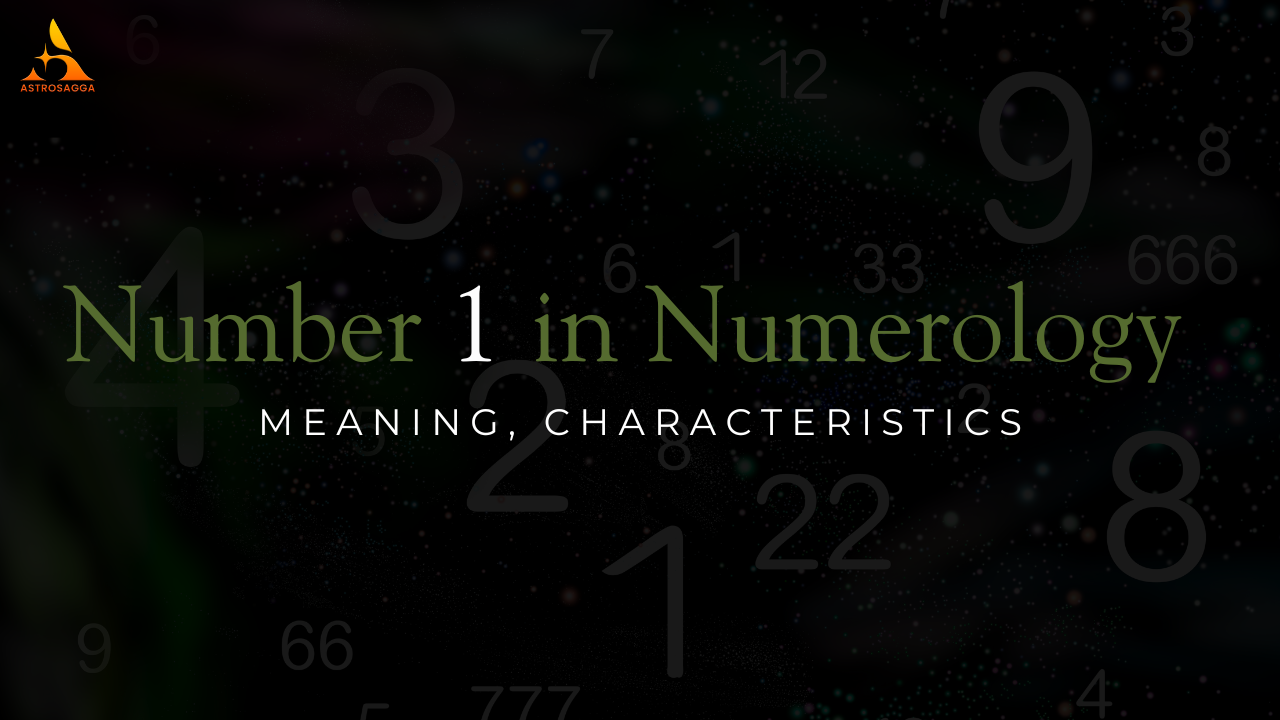Lord Shiva, also known as Mahadev, is one of the principal deities in Hinduism, symbolizing the cycle of creation, preservation, and destruction. His 108 sacred names, known as Shiva Ashtottara Shatanamavali, reflect his diverse attributes and forms. Each name carries deep spiritual significance, offering devotees a way to connect with different aspects of the divine. In this article, we will explore the meaning behind each of these sacred names.
1. Shiva (शिव)
Mantra: ॐ शिवाय नमः।
Meaning: The purest one, the auspicious and benevolent Lord who brings peace to all.
2. Maheshwara (महेश्वर)
Mantra: ॐ महेश्वराय नमः।
Meaning: The great lord, supreme among gods.
3. Shambhu (शम्भु)
Mantra: ॐ शम्भवे नमः।
Meaning: The giver of joy, bestower of happiness and prosperity.
4. Pinakin (पिनाकिन)
Mantra: ॐ पिनाकिने नमः।
Meaning: The one who holds the Pinaka bow.
5. Shashishekhar (शशिशेखर)
Mantra: ॐ शशिशेखराय नमः।
Meaning: The one who adorns the moon on his forehead.
6. Vamadeva (वामदेव)
Mantra: ॐ वामदेवाय नमः।
Meaning: The one who is pleasing and graceful in all forms.
7. Virupaksha (विरूपाक्ष)
Mantra: ॐ विरूपाक्षाय नमः।
Meaning: The one with the third eye or the one who sees beyond the ordinary.
8. Kapardi (कपर्दी)
Mantra: ॐ कपर्दिने नमः।
Meaning: The one who wears matted locks of hair.
9. Neelalohita (नीललोहित)
Mantra: ॐ नीललोहिताय नमः।
Meaning: The one with a blue throat and fiery red complexion.
10. Shankar (शंकर)
Mantra: ॐ शंकराय नमः।
Meaning: The one who bestows prosperity and happiness.
11. Shulapani (शूलपाणि)
Mantra: ॐ शूलपाणिने नमः।
Meaning: The one who holds a trident.
12. Khatvangi (खट्वाङ्गी)
Mantra: ॐ खट्वाङ्गिने नमः।
Meaning: The one who wields the Khatvanga club.
13. Vishnuvallabha (विष्णुवल्लभ)
Mantra: ॐ विष्णुवल्लभाय नमः।
Meaning: The one beloved by Lord Vishnu.
14. Shipivishta (शिपिविष्ट)
Mantra: ॐ शिपिविष्टाय नमः।
Meaning: The one who pervades all rays of light.
15. Ambikanath (अम्बिकानाथ)
Mantra: ॐ अम्बिकानाथाय नमः।
Meaning: The husband of Goddess Parvati, the divine mother.
16. Shrikantha (श्रीकण्ठ)
Mantra: ॐ श्रीकण्ठाय नमः।
Meaning: The one with a beautiful throat.
17. Bhaktavatsala (भक्तवत्सल)
Mantra: ॐ भक्तवत्सलाय नमः।
Meaning: The one who showers compassion on his devotees.
18. Bhava (भव)
Mantra: ॐ भवाय नमः।
Meaning: The originator of existence, self-manifested.
19. Sharva (शर्व)
Mantra: ॐ शर्वाय नमः।
Meaning: The destroyer of all sorrows and sins.
20. Trilokesh (त्रिलोकेश)
Mantra: ॐ त्रिलोकेशाय नमः।
Meaning: The lord of the three worlds.
21. Shitikantha (शितिकण्ठ)
Mantra: ॐ शितिकण्ठाय नमः।
Meaning: The one with a white throat.
22. Shivapriya (शिवाप्रिय)
Mantra: ॐ शिवाप्रियाय नमः।
Meaning: The beloved of Goddess Parvati.
23. Ugra (उग्र)
Mantra: ॐ उग्राय नमः।
Meaning: The fierce one.
24. Kapali (कपाली)
Mantra: ॐ कपालिने नमः।
Meaning: The one who wears a garland of skulls.
25. Kamari (कामारी)
Mantra: ॐ कामारये नमः।
Meaning: The enemy of Kama (the god of love).
26. Andhakasurasudana (अन्धकासुरसूदन)
Mantra: ॐ अन्धकासुरसूदनाय नमः।
Meaning: The slayer of the demon Andhaka.
27. Gangadhara (गङ्गाधर)
Mantra: ॐ गङ्गाधराय नमः।
Meaning: The one who holds the river Ganga in his matted hair.
28. Lalataksha (ललाटाक्ष)
Mantra: ॐ ललाटाक्षाय नमः।
Meaning: The one who possesses a third eye on his forehead.
29. Kalakala (कालकाल)
Mantra: ॐ कालकालाय नमः।
Meaning: The one who is the ender of time itself.
30. Kripanidhi (कृपानिधि)
Mantra: ॐ कृपानिधये नमः।
Meaning: The one who is a treasure of compassion.
31. Bhim (भीम)
Mantra: ॐ भीमाय नमः।
Meaning: The one with a gigantic form.
32. Parashuhasta (परशुहस्त)
Mantra: ॐ परशुहस्ताय नमः।
Meaning: The one who wields an axe.
33. Mrigapani (मृगपाणि)
Mantra: ॐ मृगपाणये नमः।
Meaning: The one who holds a deer in his hand.
34. Jatadhara (जटाधर)
Mantra: ॐ जटाधराय नमः।
Meaning: The one who wears matted locks of hair.
35. Kailasavasi (कैलासवासी)
Mantra: ॐ कैलासवासिने नमः।
Meaning: The one who resides on Mount Kailash.
36. Kawachi (कवची)
Mantra: ॐ कवचिने नमः।
Meaning: The one who wears armor.
37. Kathora (कठोर)
Mantra: ॐ कठोराय नमः।
Meaning: The firm and unyielding one.
38. Tripurantaka (त्रिपुरान्तक)
Mantra: ॐ त्रिपुरान्तकाय नमः।
Meaning: The destroyer of the demon Tripurasura.
39. Vrishank (वृषाङ्क)
Mantra: ॐ वृषाङ्काय नमः।
Meaning: The one with the bull emblem on his flag.
40. Vrishabharudha (वृषभारूढ)
Mantra: ॐ वृषभारूढाय नमः।
Meaning: The one who rides the bull, Nandi.
41. Bhasmodhulitavigraha (भस्मोद्धूलितविग्रह)
Mantra: ॐ भस्मोद्धूलितविग्रहाय नमः।
Meaning: The one whose body is smeared with sacred ash. This signifies the transient nature of the physical body and the eternal nature of the soul.
42. Samapriya (सामप्रिय)
Mantra: ॐ सामप्रियाय नमः।
Meaning: The one who is fond of Sama Veda and enjoys the melodious hymns of its chanting.
43. Swaramayi (स्वरमयी)
Mantra: ॐ स्वरमयाय नमः।
Meaning: The embodiment of sound, particularly the sound of sacred chants and mantras.
44. Trayimurti (त्रयीमूर्ति)
Mantra: ॐ त्रयीमूर्तये नमः।
Meaning: The one who embodies the three forms (Brahma the creator, Vishnu the preserver, and Shiva the destroyer) or the three Vedas (Rigveda, Yajurveda, and Samaveda).
45. Anishwara (अनीश्वर)
Mantra: ॐ अनीश्वराय नमः।
Meaning: The one who has no ruler above him. Shiva is sovereign, self-existent, and free from any limitations.
46. Sarvajna (सर्वज्ञ)
Mantra: ॐ सर्वज्ञाय नमः।
Meaning: The omniscient one, who knows everything in the past, present, and future.
47. Paramatma (परमात्मा)
Mantra: ॐ परमात्मने नमः।
Meaning: The supreme soul, who resides in the heart of every living being.
48. Somasuryagnilochana (सोमसूर्याग्निलोचन)
Mantra: ॐ सोमसूर्याग्निलोचनाय नमः।
Meaning: The one whose eyes are the moon, the sun, and fire, representing the cosmic vision.
49. Havis (हविष)
Mantra: ॐ हविषे नमः।
Meaning: The one who is the essence of the sacrificial offerings made during rituals and yagnas.
50. Yajnamaya (यज्ञमय)
Mantra: ॐ यज्ञमयाय नमः।
Meaning: The one who is the embodiment of Yajna (sacrificial fire rituals), sustaining the universe through cosmic sacrifice.
51. Soma (सोम)
Mantra: ॐ सोमाय नमः।
Meaning: The one who is calm and tranquil like the moon. Shiva embodies serenity and peace.
52. Panchavaktra (पञ्चवक्त्र)
Mantra: ॐ पञ्चवक्त्राय नमः।
Meaning: The one with five faces. These faces represent the five aspects of Shiva: Aghora, Ishana, Tatpurusha, Vamadeva, and Sadyojata, signifying different aspects of cosmic creation and destruction.
53. Sadasiva (सदाशिव)
Mantra: ॐ सदाशिवाय नमः।
Meaning: The one who is ever auspicious, eternally pure, and always benevolent.
54. Vishveshvara (विश्वेश्वर)
Mantra: ॐ विश्वेश्वराय नमः।
Meaning: The lord of the universe, master of the entire creation.
55. Virabhadra (वीरभद्र)
Mantra: ॐ वीरभद्राय नमः।
Meaning: The fierce and heroic warrior form of Lord Shiva, who emerged to avenge the insult of Sati in Daksha's sacrifice.
56. Gananatha (गणनाथ)
Mantra: ॐ गणनाथाय नमः।
Meaning: The leader of all celestial beings and followers (Ganas).
57. Prajapati (प्रजापति)
Mantra: ॐ प्रजापतये नमः।
Meaning: The lord of all beings, who is responsible for creation.
58. Hiranyareta (हिरण्यरेतस)
Mantra: ॐ हिरण्यरेतसे नमः।
Meaning: The one who is radiant like gold, representing the brilliance of creation.
59. Durdharsha (दुर्धर्ष)
Mantra: ॐ दुर्धर्षाय नमः।
Meaning: The one who is invincible and cannot be defeated.
60. Girish (गिरीश)
Mantra: ॐ गिरीशाय नमः।
Meaning: The lord of the mountains. Shiva is often depicted residing on Mount Kailash.
61. Anagha (अनघ)
Mantra: ॐ अनघाय नमः।
Meaning: The one who is pure and sinless.
62. Bhujangabhushana (भुजङ्गभूषण)
Mantra: ॐ भुजङ्गभूषणाय नमः।
Meaning: The one who wears serpents as ornaments, symbolizing his control over fear and death.
63. Bharga (भर्ग)
Mantra: ॐ भर्गाय नमः।
Meaning: The destroyer of sins and impurities, who purifies the soul.
64. Giridhanva (गिरिधन्व)
Mantra: ॐ गिरिधन्विने नमः।
Meaning: The one who holds a mountain as his bow, signifying his strength and mastery over the elements.
65. Giripriya (गिरिप्रिय)
Mantra: ॐ गिरिप्रियाय नमः।
Meaning: The one who is fond of the mountains, and who loves Mount Kailash, his abode.
66. Krittivasa (कृत्तिवास)
Mantra: ॐ कृत्तिवाससे नमः।
Meaning: The one who wears animal skins, symbolizing renunciation and detachment from worldly possessions.
67. Puraratih (पुराराति)
Mantra: ॐ पुरारातये नमः।
Meaning: The one who destroyed the three cities of the demon Tripura.
68. Bhagawan (भगवान्)
Mantra: ॐ भगवते नमः।
Meaning: The supreme lord, who possesses all divine qualities and powers.
69. Pramathadhipa (प्रमथाधिप)
Mantra: ॐ प्रमथाधिपाय नमः।
Meaning: The lord of the Pramathas (the divine attendants of Lord Shiva).
70. Mrityunjaya (मृत्युञ्जय)
Mantra: ॐ मृत्युञ्जयाय नमः।
Meaning: The conqueror of death, who grants liberation and immortality.
71. Sukshmatanu (सूक्ष्मतनु)
Mantra: ॐ सूक्ष्मतनवे नमः।
Meaning: The one with a subtle body, who exists beyond physical form.
72. Jagadvyapi (जगद्व्यापि)
Mantra: ॐ जगद्व्यापिने नमः।
Meaning: The one who is omnipresent, pervading the entire universe.
73. Jagadguru (जगद्गुरु)
Mantra: ॐ जगद्गुरवे नमः।
Meaning: The teacher of the world, who guides beings on the path to liberation.
74. Vyomakesha (व्योमकेश)
Mantra: ॐ व्योमकेशाय नमः।
Meaning: The one whose hair is spread across the sky, symbolizing his infinite and expansive nature.
75. Mahasenajanaka (महासेनजनक)
Mantra: ॐ महासेनजनकाय नमः।
Meaning: The father of Kartikeya (also known as Skanda or Mahasena), the god of war.
76. Charuvikrama (चारुविक्रम)
Mantra: ॐ चारुविक्रमाय नमः।
Meaning: The one who is full of graceful valor and beauty.
77. Rudra (रुद्र)
Mantra: ॐ रुद्राय नमः।
Meaning: The one who weeps for his devotees' sufferings, representing compassion and the destruction of evil.
78. Bhutapati (भूतपति)
Mantra: ॐ भूतपतये नमः।
Meaning: The lord of the elements and all beings, including ghosts and spirits.
79. Sthanu (स्थाणु)
Mantra: ॐ स्थाणवे नमः।
Meaning: The one who is immovable and steadfast, symbolizing stability.
80. Ahirbudhnya (अहिर्बुध्न्य)
Mantra: ॐ अहिर्बुध्न्याय नमः।
Meaning: The one who is the foundation of the world, and the serpent of the deep, representing hidden cosmic energy.
81. Digambara (दिगम्बर)
Mantra: ॐ दिगम्बराय नमः।
Meaning: The one who wears the sky as his clothing, symbolizing the transcendence of material attachments.
82. Ashtamurti (अष्टमूर्ति)
Mantra: ॐ अष्टमूर्तये नमः।
Meaning: The one who manifests in eight forms, representing the elements: Earth, Water, Fire, Air, Ether, Sun, Moon, and the individual soul.
83. Anekatma (अनेकात्मा)
Mantra: ॐ अनेकात्मने नमः।
Meaning: The one with infinite forms and manifestations.
84. Sattvika (सात्त्विक)
Mantra: ॐ सात्त्विकाय नमः।
Meaning: The embodiment of pure goodness and balance.
85. Shuddhavigraha (शुद्धविग्रह)
Mantra: ॐ शुद्धविग्रहाय नमः।
Meaning: The one who is pure in form and beyond material contamination.
86. Shashvata (शाश्वत)
Mantra: ॐ शाश्वताय नमः।
Meaning: The eternal one, who is beyond time.
87. Khandaparashu (खण्डपरशु)
Mantra: ॐ खण्डपरशवे नमः।
Meaning: The one who wields a broken axe, symbolizing his role as the destroyer of ego and ignorance.
88. Aja (अज)
Mantra: ॐ अजाय नमः।
Meaning: The unborn one, who exists beyond birth and death.
89. Pashavimochana (पाशविमोचन)
Mantra: ॐ पाशविमोचकाय नमः।
Meaning: The liberator of beings from worldly attachments and bonds.
90. Mrida (मृड)
Mantra: ॐ मृडाय नमः।
Meaning: The one who grants happiness and prosperity.
91. Pashupati (पशुपति)
Mantra: ॐ पशुपतये नमः।
Meaning: The lord of all living beings, including animals and humans.
92. Deva (देव)
Mantra: ॐ देवाय नमः।
Meaning: The shining one, representing the divine light.
93. Mahadeva (महादेव)
Mantra: ॐ महादेवाय नमः।
Meaning: The greatest of gods, supreme among all deities.
94. Avyaya (अव्यय)
Mantra: ॐ अव्ययाय नमः।
Meaning: The one who is imperishable and beyond decay.
95. Hari (हरि)
Mantra: ॐ हरये नमः।
Meaning: The remover of sins and suffering.
96. Bhaganetrabhedaka (भगनेत्रभिद्)
Mantra: ॐ भगनेत्रभिदे नमः।
Meaning: The one who destroyed the eye of Bhaga, symbolizing his power to humble even the gods.
97. Avyakta (अव्यक्त)
Mantra: ॐ अव्यक्ताय नमः।
Meaning: The one who is unmanifest and beyond human comprehension.
98. Dakshadhwarahara (दक्षाध्वरहर)
Mantra: ॐ दक्षाध्वरहराय नमः।
Meaning: The one who destroyed Daksha's sacrifice, symbolizing his intolerance for disrespect to divine principles.
99. Hara (हर)
Mantra: ॐ हराय नमः।
Meaning: The one who takes away all sins and negativities.
100. Pushadantabhid (पूषदन्तभिद्)
Mantra: ॐ पूषदन्तभिदे नमः।
Meaning: The one who broke the teeth of Pushan, a Vedic deity, in anger.
101. Avyagra (अव्यग्र)
Mantra: ॐ अव्यग्राय नमः।
Meaning: The one who is calm, composed, and unshaken.
102. Sahasraksha (सहस्राक्ष)
Mantra: ॐ सहस्राक्षाय नमः।
Meaning: The one with a thousand eyes, representing his omnipresence and ability to see all.
103. Sahasrapada (सहस्रपाद)
Mantra: ॐ सहस्रपदे नमः।
Meaning: The one with a thousand feet, signifying his presence in all beings and places.
104. Apavargaprada (अपवर्गप्रद)
Mantra: ॐ अपवर्गप्रदाय नमः।
Meaning: The one who grants liberation from the cycle of birth and death.
105. Ananta (अनन्त)
Mantra: ॐ अनन्ताय नमः।
Meaning: The infinite one, beyond all boundaries and limitations.
106. Tarak (तारक)
Mantra: ॐ तारकाय नमः।
Meaning: The one who helps beings cross the ocean of worldly existence and attain liberation.
107. Parameshwara (परमेश्वर)
Mantra: ॐ परमेश्वराय नमः।
Meaning: The supreme lord, who is the ultimate creator, sustainer, and destroyer of the universe.
108. Om Namah Shivaya (ॐ नमः शिवाय)
Mantra: ॐ नमः शिवाय।
Meaning: The most sacred and simple invocation of Lord Shiva, meaning "I bow to Shiva,"
symbolizing surrender to the highest cosmic power.
Read Also - Lord Ganesha: The Remover of Obstacles
The Spiritual Significance of Chanting the 108 Names of Lord Shiva
Reciting the 108 names of Lord Shiva is not just a spiritual practice but a way to connect with the profound energies of the universe. Each name represents a specific quality or power of Lord Shiva and chanting them allows one to invoke these divine energies into their life.
By meditating on these names, one can seek Lord Shiva’s blessings for health, prosperity, spiritual enlightenment, and liberation from the cycle of birth and death. It also purifies the mind, strengthens concentration, and helps in overcoming worldly challenges.
As Lord Shiva is the embodiment of both destruction and creation, chanting his names brings balance, peace, and harmony in one’s life, fostering spiritual growth and inner awakening.
May Lord Shiva bless you with wisdom, strength, and inner peace. Om Namah Shivaya!
Each name of Lord Shiva reflects different qualities of the divine and offers a way for devotees to connect to various aspects of the cosmic energy. Chanting these names brings one closer to Shiva, invoking peace, protection, and blessings from the highest form of divine consciousness.
Conclusion
The 108 names of Lord Shiva encapsulate the multifaceted nature of the supreme being. As we chant or meditate upon these names, we invoke his presence, seeking his guidance, protection, and blessings in our spiritual journey. Whether as the gentle Shankar or the fierce Rudra, Lord Shiva represents the cycle of life, and through his names, we embrace the balance between destruction and creation, chaos and order, and ultimate liberation.
May chanting these sacred names bring peace, prosperity, and spiritual elevation to all. Om Namah Shivaya!


.png)
